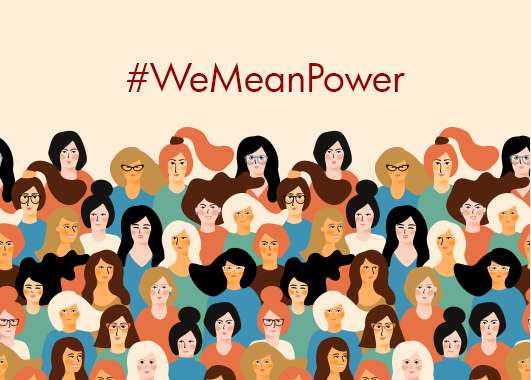The news coverage around Brett Kavanaugh is yet another proof that women in the media can only be two things: the vicious villains that, purely out of spite and revenge on men as an entire gender, want to take down successful hard-working white men; or the confused, pity-worthy victims of assault that, confused by their own senses, deserve a patronizing lawyer by their side to calm them down.
In an age that allows many groups to finally speak about their experiences, their struggles, and the systemic oppression they had to endure, the white-male chokehold on representation just strengthens in a last desperate attempt to silence those that have been silenced for too long. As our political debates spin in circles around how exactly we are to determine whether to believe a woman for speaking up about her experiences, many female writers and creators are just busy reacting to all the accusations, wild speculations and outright conspiracy theories privileged white-men throw at them. Little time is left for them to talk about issues they would like to address if they did not have to defend their entire gender, trying and inevitably failing to portray all of the female experience.
It might be a new and sadly efficient attempt to shut female voices down and hinder them to participate in the political discourse. If women are busy reacting and shielding themselves from vicious attacks on their intellect, lifestyles and bodies, there is less space and time to write about how we can bring about systemic change that will not allow people like Kavanaugh to rise to the top in the first place. Instead, we are trying to explain to white privileged men why they cannot take our bodies and use them at their disposal; that it is about not raping and not about not being raped. A concept so simple, it seems painfully obvious to even type it out.
Painfully obvious–that is also what it should be to identify Brett Kavanaugh as a self-boasting chauvinist who has taken what he wanted his whole life with little discretion for the feelings and well-being of others, especially women. Yet it is on the women, like Dr. Christine Blasey Ford, whose lives he ruined, to come forward about his crimes and to, once again, do the emotional labor associated with trying to hold the patriarchy accountable.
In the end, that is what it comes down to: it is the marginalized and oppressed that try to compensate for the atrocities committed by the hegemony, and it is and always has been an uphill battle. Instead of writing about topics they are truly passionate about, female writers have to reiterate that their place in the public discourse is neither to speak for all women nor to defend them from the destructive narrative of the male gaze.
Female writers are not here to entertain the average straight white man with anecdotal evidence. They do not owe anyone an explanation for what they write about, and they should not be expected to portray the experience of all women. Neither do they need to be experts on the repulsive details of rape culture–although sadly enough, many are, based on personal experience. Female writers are still looked at as portraying the female experience, while male writers inheret an automatic notion of portraying the human experience. Evidently, “man” still stands for “human being” in a way that “female” does not. We need to give female creators space they so evidently deserve to tackle the wrong sense of objectivity attached to a male narrative. It will change everything, and it has already started to happen. Today, more than ever before, survivors and supporters have found the courage to speak out about their experiences. And that, to me, is cause for hope.



